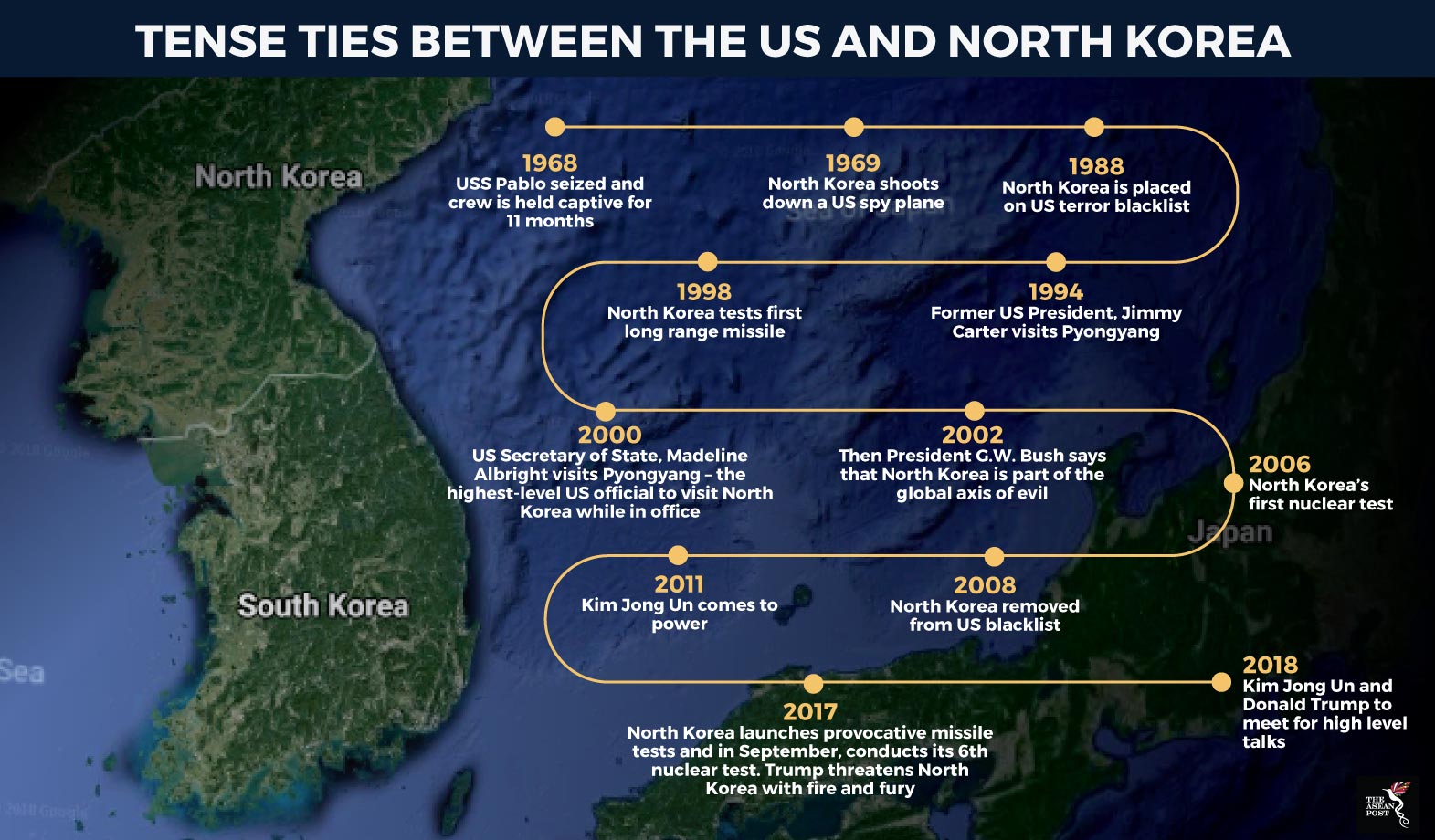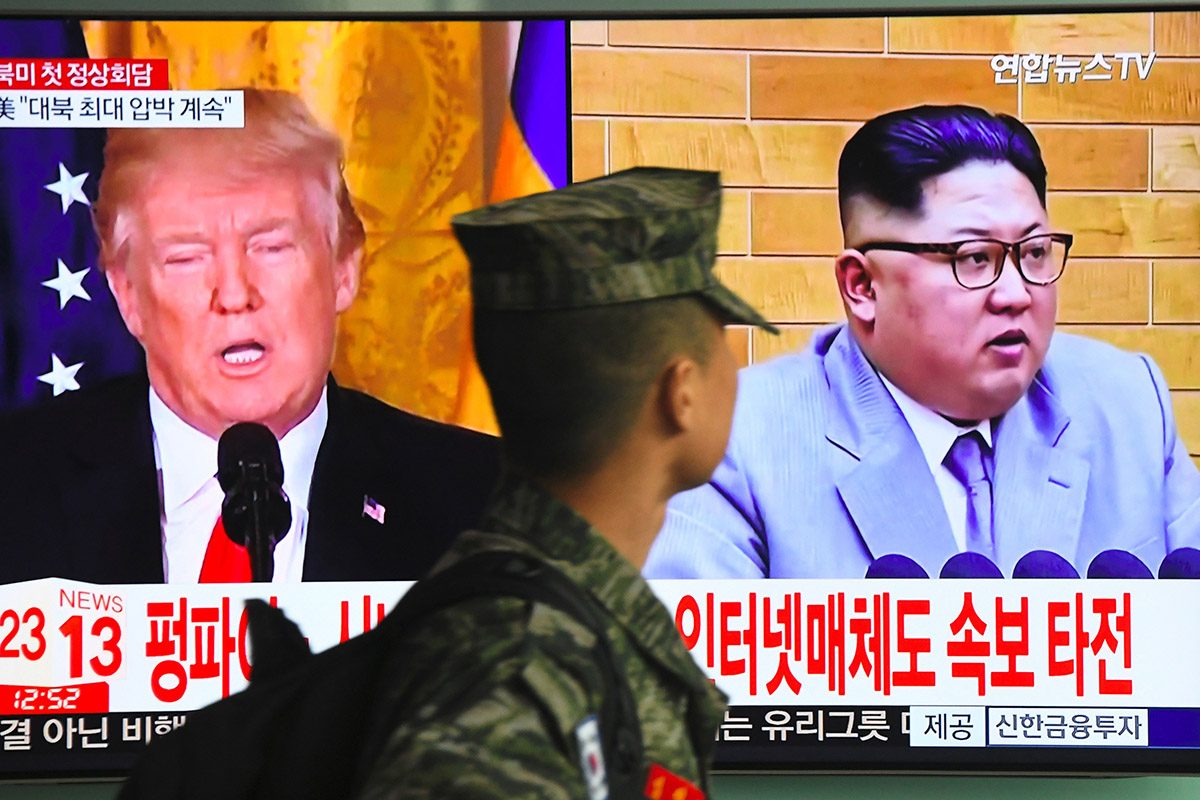United States (US) President Donald Trump’s planned historic meeting with North Korean dictator, Kim Jong Un has raised more questions than answers. By the look of things, it seems like we are finally reaching rapprochement between both sides – a feud which stretches back to the Cold War era.
However, the conditions under which these talks are taking place does raise an ire of suspicion. For one, just a few months back, both leaders traded barbs with each other, with Trump touting the possibility of nuclear brinksmanship with his “fire and fury” remark. Trump even vowed not to negotiate with “Little Rocket Man” Kim and chided his Secretary of State and the South Korean premier for taking the route of diplomacy.
Now that Trump is singing a different tune, it can either mean he is about to pull off the biggest peace-making deal in modern history, worthy of a Nobel Peace Prize or he has truly underestimated the size of the task at hand.
Is Trump ready?
The historic talks have called into question Trump’s readiness to hold high level negotiations with North Korea. The question that needs answering is “why now”?
The Trump team will tell a different story with one word enough to explain why North Korea is dolorously reaching out to the US - sanctions. They claim that economic sanctions led by the US have crippled the North Korean economy. The successful strategy of using sanctions has forced the North Koreans to come to the negotiating table.
But the reality of the matter may differ.
Trump’s inexperience in international diplomacy is not limited to his gaffes on Twitter and his un-presidential remarks on the world stage. Putting two and two together, it does seem that something is amiss now that Kim’s regime is eager to have talks with the Trump administration – possibly to take advantage of the frailties of the latter when it comes to foreign policy conduct.

The current administration still does not have an ambassador to South Korea, an undersecretary of State for arms control and international security and an assistant secretary of State for East Asian and Pacific Affairs. Such positions are crucial in helping the US tackle foreign policy issues, advice the President and articulate America’s stance on matters pertaining to tensions on the peninsula.
Trump has also seemingly granted the North Koreans a chance at dialogue without firm prior conditions – something which no US administration has done before. While it has been agreed that North Korea will not engage in nuclear testing and cannot publicly object to planned military exercises between the US and South Korea, such exceedingly short term measures cannot be used to further necessitate Pyongyang to commit to nuclear disarmament.
Is there a Plan B?
Which leads to the next question. What if the talks fail?
Logic would dictate that the weak conditions mentioned earlier would be thrown out the window and both parties would reset to positions held before talks commenced – hence everyone’s time would have been wasted. However, given Trump’s unorthodox conduct with regards to foreign diplomacy, it is not out of the realm of possibilities that he may set relations further back from when before the talks began.
At its current pace, the talks seem engineered to fail. If diplomatic conduct has one commonality, it is that the smaller players talk first before the big ones are introduced to the foray. Based on available knowledge, the US and North Korea have had no low-level discussions to sort out the nitty gritty before Trump and Kim’s meeting.
The South Korean delegation which met with the North Koreans and delivered Kim’s olive branch to the US cannot be considered as playing that role. If anything, talks on issues as complex as this would require more than a few meetings to build a certain degree of confidence and credibility and hash out any minor concessions before serious talks can take place.
It is make or break time for the Trump administration. What transpires from these talks which are slated to take place by the end of May this year will be closely watched – especially by America’s hawkish opponent in the region, China. The die has been rolled and now, we wait.
